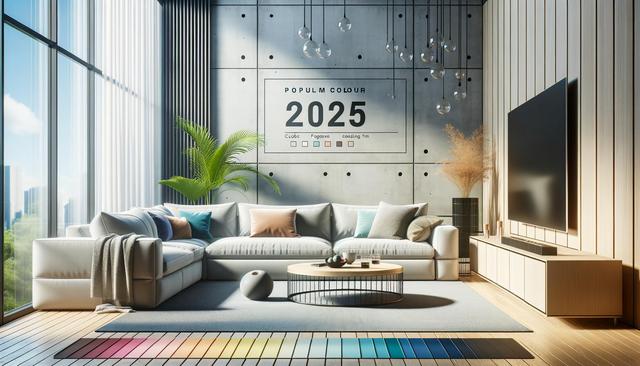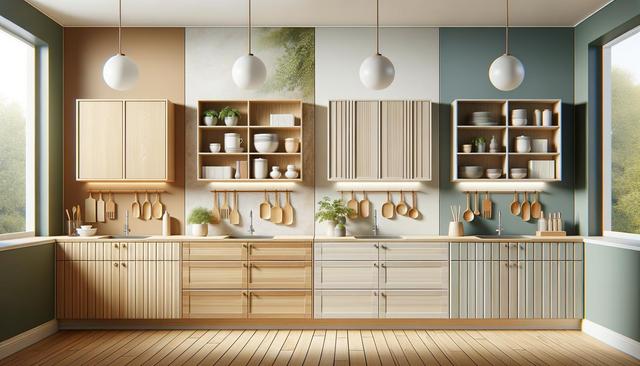Understanding Custom Folding Doors
Custom folding doors, often referred to as bi-fold or accordion doors, are designed to fold neatly to one side, maximizing open space. These doors are particularly popular in both residential and commercial settings due to their space-saving functionality and modern appearance. Unlike traditional swing or sliding doors, folding doors consist of multiple panels that operate on a track system. When opened, they stack together compactly, allowing for a seamless transition between spaces or to the outdoors.
The customization aspect allows homeowners and designers to tailor the door’s design, materials, and finishes to suit specific needs. Whether you’re incorporating them into a patio entrance, room divider, or closet, custom folding doors can be adjusted in size, panel count, frame color, and even glazing options. This adaptability makes them a versatile choice for various architectural and interior styles.
Materials and Finishes to Consider
The choice of material for your custom folding doors significantly influences their appearance, durability, and maintenance needs. Some popular materials include:
- Wood: Offers a timeless aesthetic and natural warmth, ideal for traditional interiors.
- Aluminum: Lightweight, corrosion-resistant, and sleek, suitable for modern spaces.
- uPVC: An affordable and low-maintenance option with solid insulation properties.
- Glass panels: Often combined with other materials to enhance natural light and visibility.
Finishes range from natural wood stains to powder-coated metal surfaces, providing flexibility in matching your existing decor. For outdoor installations, choosing weather-resistant finishes is essential to ensure longevity. Additionally, consider energy-efficient glazing options if the doors are part of an exterior wall, as they can help regulate indoor temperatures and reduce energy costs.
Design Configurations and Layouts
When planning for custom folding doors, layout and configuration play a critical role. The door system can be designed to open from the left, right, or center depending on the room’s architecture and user preference. Common configurations include:
- Single traffic door plus folding panels: Allows everyday use without folding all panels.
- Even panel split: Equal panels folding in one or both directions for symmetrical aesthetics.
- Corner opening: A creative solution for opening up entire corners of a room or patio.
Measurements must be precise, especially for custom installations. It’s often recommended to consult with a professional to assess structural requirements and ensure the system will operate smoothly. For instance, ceiling support and floor tracks must be properly aligned to handle the weight and movement of multiple panels.
Installation Considerations and Professional Help
Installing custom folding doors requires careful planning and, in most cases, professional expertise. While DIY kits are available, the complexity of aligning tracks, framing openings, and ensuring weather-sealing can make professional installation a more reliable option. Key areas to consider during installation include:
- Structural support: The header beam must support the weight of the door system.
- Track alignment: Correct leveling ensures smooth folding and prevents damage over time.
- Weatherproofing: Especially important for exterior installations to prevent drafts and leaks.
Installers can also provide guidance on selecting compatible hardware, such as handles and locking systems, that match the aesthetic and functional goals of your project. In commercial settings, additional considerations like ADA compliance and security may also come into play.
Benefits and Maintenance Tips
Custom folding doors offer several practical benefits beyond their visual appeal. These include:
- Flexibility: Easily open up or close off spaces as needed.
- Natural light: Glass folding doors allow more daylight to enter indoor spaces.
- Space efficiency: Their compact stacking design saves room compared to hinged doors.
- Indoor-outdoor flow: Ideal for patios, gardens, or balconies to create a larger living area.
To maintain your folding doors, regular cleaning and inspection of tracks and hinges are recommended. Use mild detergents for surfaces and lubricate moving parts periodically to prevent squeaking or jamming. If your doors include glass panels, using a soft cloth and appropriate cleaner will help avoid streaks and scratches. For wooden doors, occasional refinishing may be needed depending on exposure and usage levels.
Conclusion
Custom folding doors are a versatile and attractive solution for maximizing space and enhancing both functionality and design. Whether you’re upgrading a residential interior or considering an open-air concept for a commercial venue, these doors offer long-term value when thoughtfully chosen and properly installed. By understanding the different materials, configurations, and maintenance needs, you can confidently invest in a folding door system that complements your space while offering practical benefits for years to come.


